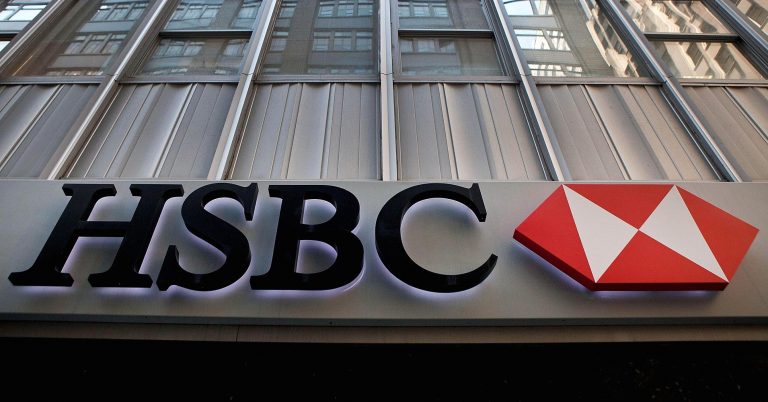
Feb 21
After seven years of restructuring that involved cutting thousands of jobs and bank branches, HSBC has turned itself around with profits rising more than 140 percent over the last year.
But the job of strengthening the bank is not over, Chairman Mark Tucker said Wednesday, as the ever-changing global environment calls for a more agile business strategy.
“I think strategy evolves in a dynamic environment, and therefore must be dynamic by its nature,” Tucker told CNBC in an exclusive interview. “We have a business that is performing well, we have a strategy is working, but are there opportunities to get better clarity and do things better? The answer is yes.”
Wednesday marks a new era for the bank with John Flint, a veteran at HSBC, taking over as chief executive. Flint joins Tucker, which became chairman in October last year, as new leaders of a leaner and stronger HSBC.
The bank, largest by assets in Europe, went through a rough patch in the years after the last financial crisis. It lost tens of billions of dollars from U.S. subprime mortgages, and was fined another few billion dollars for financing Mexican drug cartels and tax evasion.
But the previous management, led by ex-Chairman Douglas Flint and former CEO Stuart Gulliver, turned the bank around by deepening its footprint in Asia and retreating from other emerging markets such as Brazil.
Those difficult days looked to be over, with HSBC booking a 141.4 percent jump in reported pre-tax profit for 2017 and 10.9 per cent climb in adjusted profit.
Prospects for the bank are good in the year ahead, according to Tucker. He said there are many positive factors helping to boost business, including rising interest rates and Asia’s growth story.
Even the recent market sell-off and geopolitical concerns such as the U.K.’s exit from the European Union do not faze HSBC, said the 60-year-old, who’s the first outsider to be appointed HSBC chairman.
“(We’re) never worried about market volatility. I think that’s the nature of the business,” said Tucker, who was insurance firm AIA’s CEO before his move to HSBC last year.
“In terms of our biggest concern I think that would be the macro factors, the macro geopolitical factors across our business in the individual territories,” he added.
“They are issues in the Middle East, whether there are concerns in Europe, whether we have Brexit — all of these are issues that we deal with but none of them are, in our view, insurmountable for our group.”










